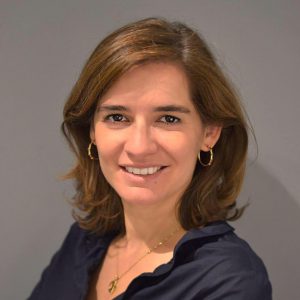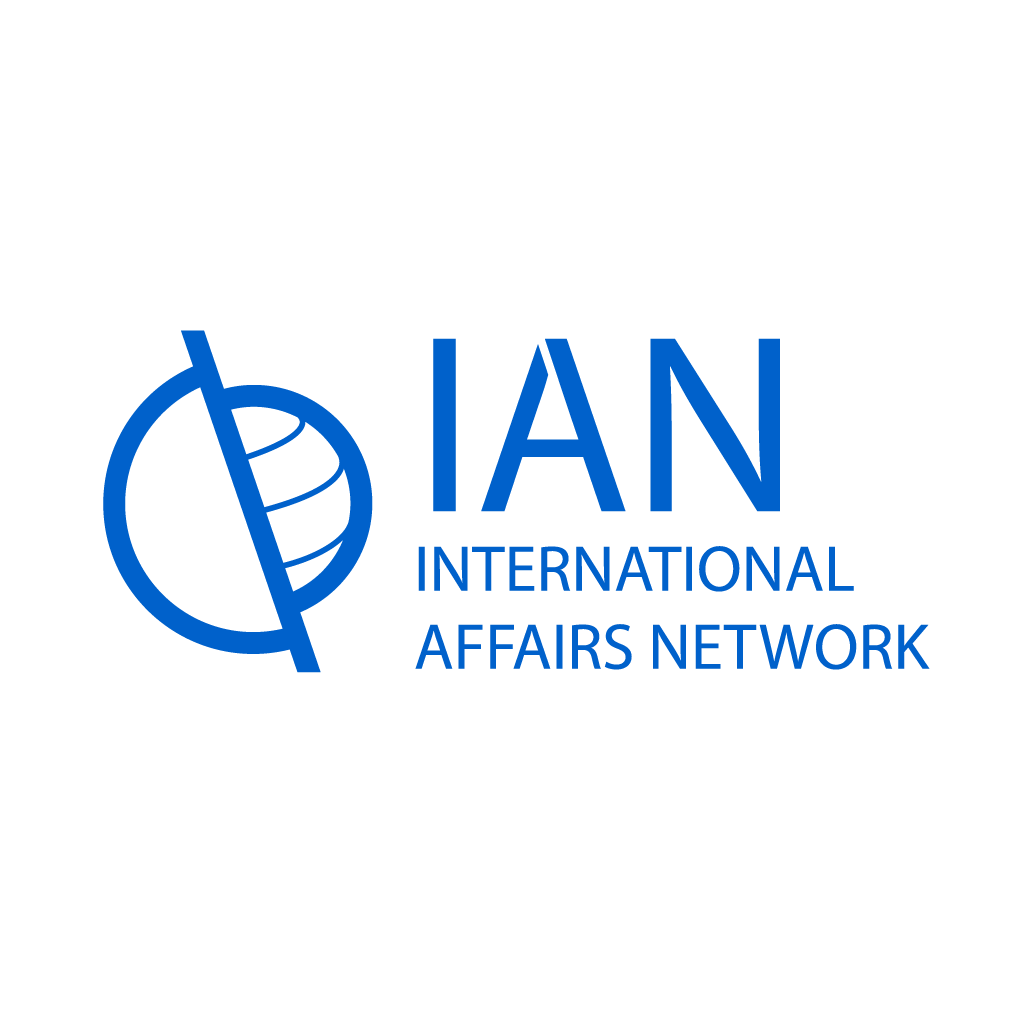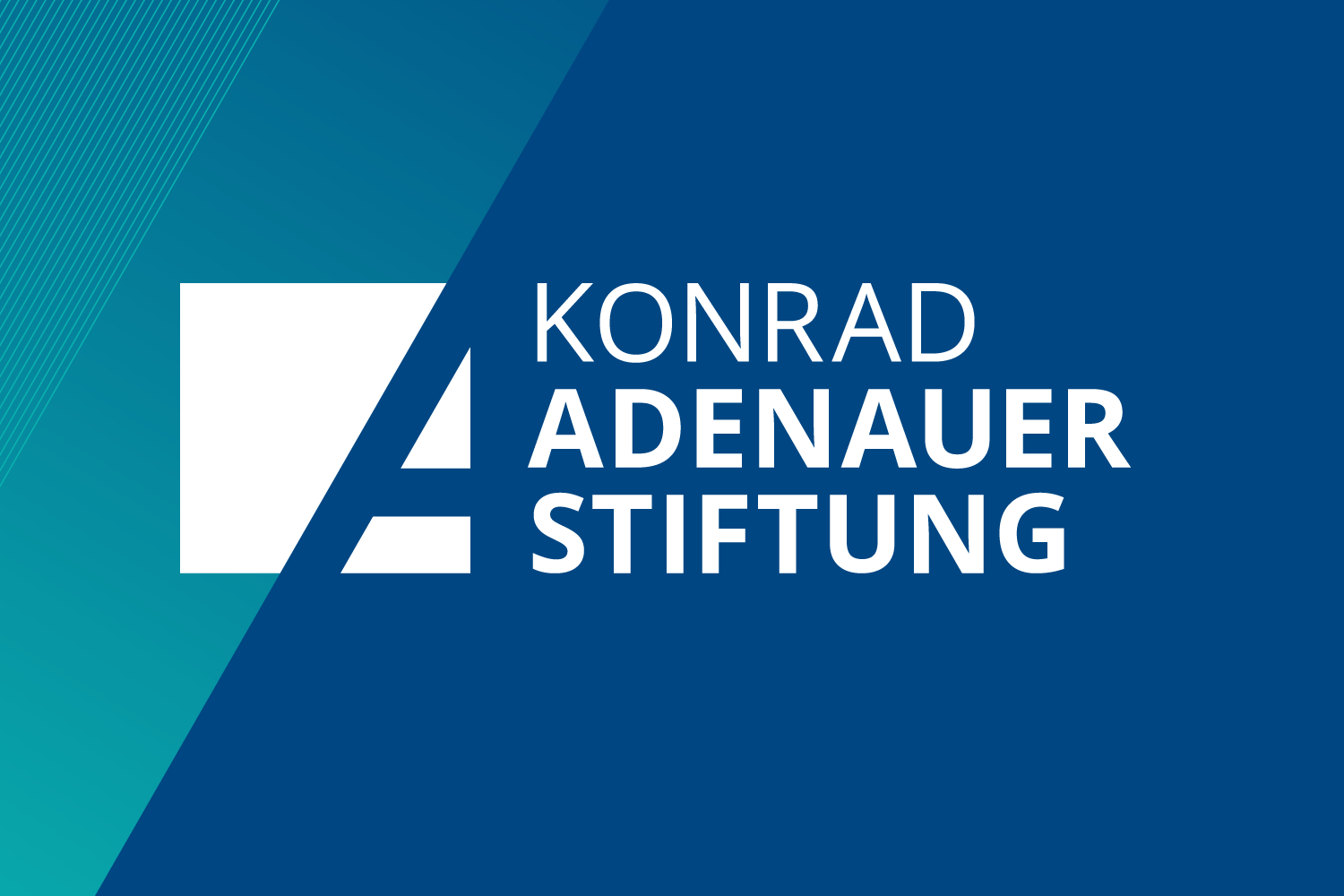Vision
We believe and defend a rules-based global order defined by cultural, scientific and technological interconnectedness and global trade, founded on the values of liberal democracies, and beneficial to all who engage in it
Mission
Our mission is to:
- Develop policy ideas through research and reports about the main challenges to multilateralism and a rules-based global order and the role of Portugal in the world
- Bring together Portuguese and other political, academic and business leaders to create a network of people who share experiences and research on international affairs
- Foster education about a rules-based global order, through seminars, workshops and prizes for graduates
Message From The Founder
If we want things to stay as they are, things will have to change

In a rapidly changing world, our think tank aims to develop research, policy papers and education on the rules-based global order founded on the three main pillars of liberal democracies: the rule of law, checks and balances and free speech. Those have been the foundations for the achievements that we prize in the Western world, and that so many people in other regions fight for: Peace in most of our countries for one of the longest periods in history, the decline in violence and in poverty, the advance of women and minorities’ rights.
The rules-based global order is being challenged on many fronts: the retrenchment of the US, Brexit, the growing paralysis of its institutions such as the WTO, external competition from regions with alternative values and rules. At the same time, the many trade agreements that the EU and other countries and regions negotiated over the last few years suggest that multilateralism, though not striving, is not quite dead yet. Nevertheless, as we look into the future, we must know that change is inevitable.
First, we need to rethink the global order’s institutional setting. Since WW2, links were based on States and large supra-national institutions such as the European Union and the World Bank, who act mostly as fora for international cooperation and debate amongst States. Many of those institutions urgently need reform. Crucially, we need to include in the multilateral debate emerging countries and a broader base of civil society groups and associations, companies and universities.
Second, we need to find ways to engage with competitor models of governance. How do we deal with States that trade internationally but uphold very different, sometimes opposing values to those that are the founding pillars of liberal democracies: the rule of law, checks and balances to power and free speech? Do we engage, do we challenge them or do we attempt to find a balance of power? How do we face up to regions that have leaped in technological development and innovation?
Finally, we need to tackle global challenges such as global warming or the effects of digitalisation, effectively, finding opportunities for smart green development, and not losing sight of the core values of liberal democracies and multilateralism.
The objective of our think tank is to engage the civil society, academia and businesses in looking for answers to some of these challenges.



